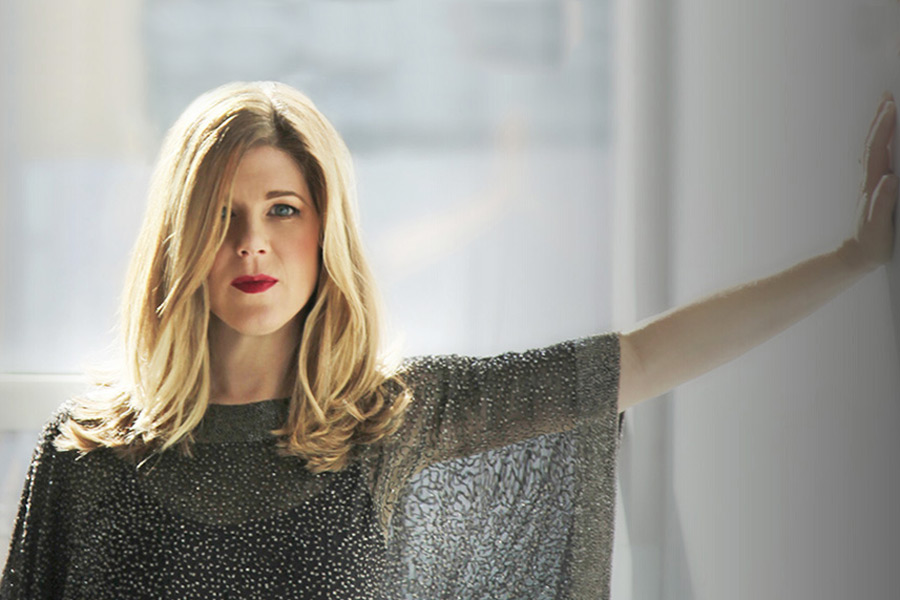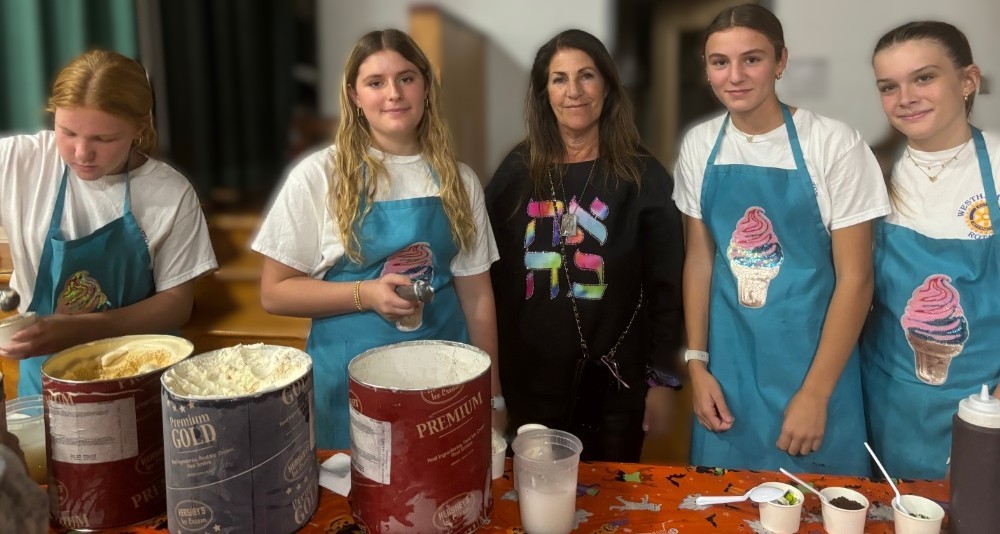Folk Icon Dar Williams Strums at Suffolk Theater

Dar Williams wasn’t trying to be the voice of a movement. She wasn’t trying to represent something bigger than herself. As she dug through the caverns of her heart and mined the wealth of her own experience, she says she was simply writing what she was writing. But it turns out, she was giving form to the experience of many. That’s what folk musicians do, often without planning it. As the decades have ticked by, Williams still digs into her soul for material. And it turns out, time and again, to reflect what’s happening in the outside world.
“A lot of songs that are lyric-driven,” Williams explained, “are a reflection of what’s going on inside and outside. In the 90s, I thought I was writing what was going on inside in terms of gender. But it turns out, the ’90s was a gender decade.”
In 1993, Williams released The Honesty Room album, featuring the song “When I Was a Boy.” The song explored gender roles at a time when these issues were just starting to come to the fore.
“My issues turned out to be a lot of people’s issues,” said Williams. “We were in this post-AIDS/HIV cocktail. In the ’80s a lot of people came out, and responded to this crisis of HIV and the social crisis of not accepting gay culture, and in the ’90s people were starting to move forward.”
She wasn’t tailoring songs to political issues. Still today, when she talks about the Taliban in “I Am the One Who Will Remember Everything” (In The Time of the Gods, 2012), Williams says she’s writing the song she wants to write without a political motivation. The larger message emerges effortlessly.
“If you care about the world,” she said, “what you write will reflect where the outside meets the inside.”
Williams draws on stories in her songwriting, whether they’re stories in the news or ancient mythology.
“A lot of bible stories are about redemption and finding one’s path to morality,” said Williams. “Greek mythology is about issues of pride and heroism and jealousy.”
These issues, she says, are as applicable today as ever. As a religion major in college, she was fascinated by these ancient stories, and she relishes the opportunity to apply them to the modern world.
“Right in the middle of the recession,” Williams said, “it wasn’t a matter of being a good person. It was about how you, a good person, were going to deal. I would see things around me and remember these stories I loved as a child, and I’d realize these meanings that I didn’t understand when I was a child.”
The stories spun into songs, and Williams has now released 13 albums over the last 20 years. She’s played with folk legends like Pete Seeger and Joan Baez as well as modern masters like Alison Krauss and Bela Fleck.
“At the end of the day,” she said, “my life is very much about the songs I wrote and who I sang them with and the people I share them with, fellow musicians and audiences. Folk music is a family affair.”
Even though her albums continue to address new issues and she continues to churn out original material, she says her songwriting process hasn’t changed much at all.
“The topics have changed,” she said. “But not the process. I learned early on that there are gatekeepers in my head that say ‘This song is too short, too long, too quiet, too loud.’ The only challenge for me is to follow the inspiration past the gatekeepers that say I don’t have the right or the talent to address something.”
At her upcoming show at the Suffolk Theater in Riverhead, Williams plans to share her new work, but also to bring out some songs she hasn’t played in 20 years. She responds to the audience as a part of the experience.
“I come with a list of songs,” she said of her approach to performing live, “but I listen to requests. The fourth wall is never solid.”
Dar Williams will perform Saturday, August 16 at 8 p.m. at the Suffolk Theater on Main Street in Riverhead. Tickets ($38) are available by calling 631-727-4343 and at suffolktheater.com.



